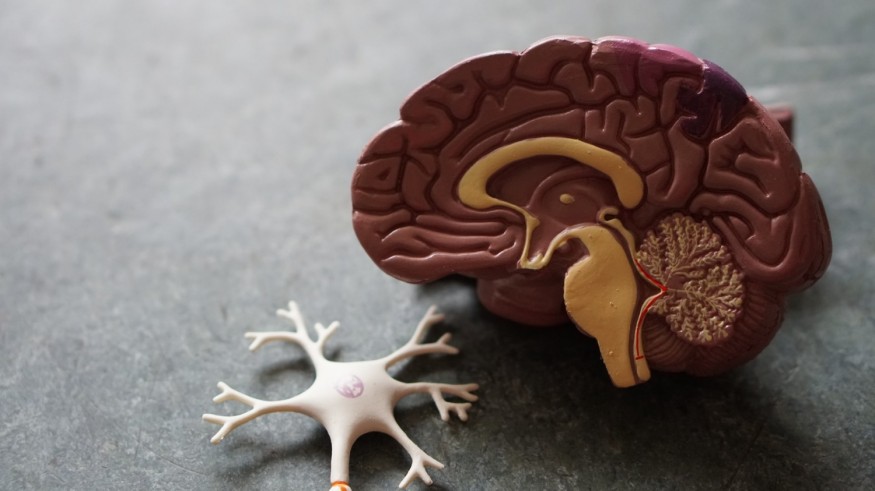
Nicole Hutcherson, daughter of the late Frank M. Carter, who died from COVID-19 a week ago, recounts how her father's symptoms of the disease were not the common ones seen in most people.
Frank Carter, an 82-year-old local of Goodlettsville, Tennessee asserted he was fine despite having nausea and vomiting. Hutcherson said her father thought he was just dehydrated. Being a nurse, she had some supplies ready on hand and attempted to insert an IV line on her father to address his dehydration.
She recalls how her father had no reaction when she inserted the needle in his arm as if he was sedated. This was when Hutcherson noticed something was off with her father's mental state. She thought it was unusual, as her father had shown no prior signs of dementia or any other cognitive diseases in the past.
Hutcherson believes that the delirium she recognized in her father was one of the first signs of his infection of the coronavirus. Carter died within a week of experiencing symptoms.
Also Read : A Quicker Solution to Coronavirus May Be Vaccines That Are 50% Effective, Scientists Claim
Why is Delirium Common During Coronavirus Infection?
There is growing evidence to suggest that COVID-19, can affect not only the lungs but the brain, as well.
Dr. E. Wesley Ely, a professor of medicine and critical care at Vanderbilt University Medical Center, speculates the possibility of coronavirus being capable of invading the brain. Not much is certain about the coronavirus and its connection with the neurological system.
Due to the lack of information about the matter, Ely and colleagues with the Critical Illness, Brain Dysfunction, and Survivorship Center, in partnership with Vanderbilt and the Nashville VA, have launched a study of post-mortem brain tissue to study signs of COVID-19 in the brain.
Funding for the research will be the National Institutes of Health. The team plans to analyze the brains' neurons for damage, measure different brain regions to see if parts have unusually shrunk, and examine the hippocampus, which plays a large role in memory. The first brain donated to the project was Frank M. Carter's.
Not an Isolated Case
A recent study of 214 patients in Wuhan, China, found more than 33% had neurologic manifestations of the disease, including stroke and loss of consciousness. Doctors in the United States have noted the same.
Dr. Johanna Fifi, the associate director of the cerebrovascular center at the Mount Sinai Health System in New York, told NBC News that she had five COVID-19 patients under the age of 49, all with strokes resulting from a blockage in one of the major blood vessels which led to the brain.
Two of her patients had what Fifi described as mild coronavirus infections before the stroke. The other three displayed no symptoms at all.
A similar case is that of 40-year-old Jesse Vanderhoof, a nurse with coronavirus, who spent more than a week on a mechanical ventilator in an intensive care unit in a hospital in Idaho. His wife, Emily Vanderhoof, described how her husband's mind 'wasn't right' as he yanked his IV out of his arm and talked in circles about random topics.












